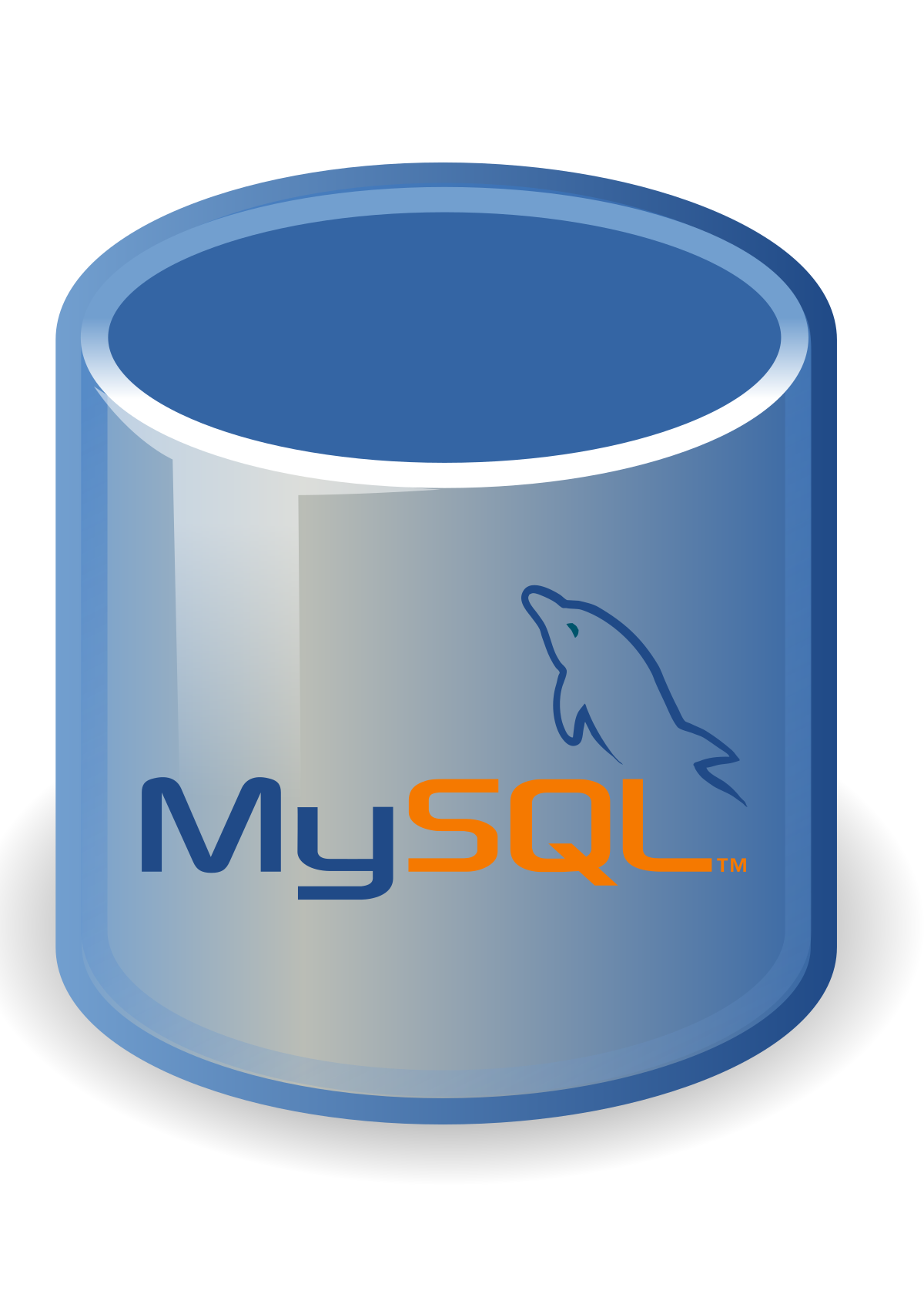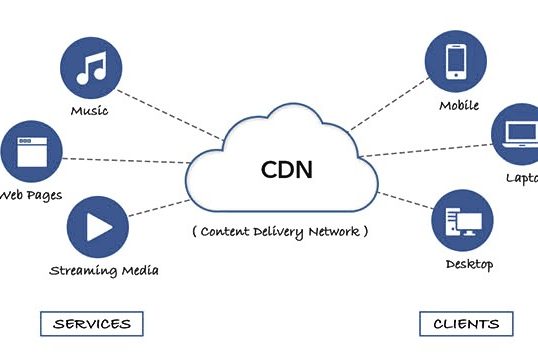

Table of Contents
What is MySQL ?

MySQL is a popular open-source database management system used to store and manage the data for websites. It handles tasks like saving user information, content, and other dynamic data. Websites interact with MySQL to fetch, update, and display data in real-time, enabling features like user accounts, product listings, and content management. MySQL works behind the scenes, ensuring that data is efficiently organized and accessible as users interact with a website.
MySQL is an open-source database management system that uses Structured Query Language (SQL) to manage and manipulate data. It is known for its reliability, performance, and ease of use.
Role of MySQL in Websites

- Data Storage:
- Database Management: MySQL stores and organizes the data for a website. This includes user information, content, product details, comments, and other dynamic data.
- Tables and Relationships: Data is organized into tables that can have relationships with each other. For instance, a table for user profiles might be linked to a table for user posts.
- Dynamic Content:
- Content Management: Websites that need to generate dynamic content (like blogs, e-commerce sites, and forums) use MySQL to fetch and display data based on user interactions.
- Queries: SQL queries are used to retrieve, insert, update, and delete data from the database. For example, a SQL query might retrieve a list of products from a database to display on an e-commerce site.
- Performance and Scalability:
- Indexes and Optimization: MySQL supports indexing to speed up data retrieval. It can handle large volumes of data and scale with the growth of the website.
- Replication and Clustering: For high availability and redundancy, MySQL supports replication and clustering, which help ensure that the database is available even if one server fails.
- Integration with Server-Side Languages:
- Languages and Frameworks: MySQL integrates with server-side scripting languages like PHP, Python, and Node.js. This integration allows these languages to interact with the database to perform operations based on user requests.
- ORMs: Object-Relational Mapping (ORM) tools, such as those in frameworks like Laravel or Django, often use MySQL to manage the underlying database interactions.
- Security and Access Control:
- User Permissions: MySQL provides mechanisms for defining user roles and permissions to control who can access or modify data in the database.
- Data Protection: It includes features like encryption and secure connections to protect data from unauthorized access.
Example of MySQL in Action
- Blog: A blogging platform might use MySQL to store blog posts, user comments, and author profiles. When a user visits a blog page, the server uses MySQL to retrieve the relevant posts and comments from the database and display them to the visitor.
- E-Commerce Site: An e-commerce website uses MySQL to manage product listings, customer information, orders, and inventory. When a user adds an item to their cart, MySQL updates the cart and inventory information in real-time.
MySQL Used in website

MySQL is used in websites to handle various aspects of data management and interaction. Here’s a brief overview of how MySQL is utilized in website development:
1. Data Storage
- Tables: MySQL stores data in structured tables. For example, a blog might have tables for posts, comments, and user profiles.
- Relationships: It supports relationships between tables, allowing for complex data organization and retrieval. For instance, a user table can be linked to a comments table to show which user made which comment.
2. Dynamic Content Generation
- Fetching Data: When a user visits a page, MySQL queries are used to fetch the relevant content from the database. For example, a product listing page retrieves product details from the database.
- Updating Data: MySQL allows websites to update content dynamically. For instance, when a user posts a comment, it is stored in the MySQL database and immediately shown on the site.
3. User Management
- Authentication: MySQL stores user credentials and profiles. Websites use it to authenticate users, manage sessions, and handle user-specific data.
- Permissions: It manages user roles and permissions to control access to different parts of the website.
4. Search and Filtering
- Queries: MySQL supports complex queries that allow users to search and filter content. For example, an e-commerce site might use MySQL to filter products by category, price, or rating.
- Indexes: To speed up search operations, MySQL uses indexing to quickly locate data.
5. Content Management Systems (CMS)
- Integration: Many CMS platforms, like WordPress and Joomla, use MySQL to store content, settings, and user information.
- Customization: These systems use MySQL to enable dynamic content management, such as adding new posts or updating website settings.
6. Scalability and Performance
- Efficiency: MySQL can handle large volumes of data and concurrent user requests, making it suitable for both small and large websites.
- Replication: For high-availability scenarios, MySQL supports replication and clustering, ensuring data availability and reliability.
7. Integration with Server-Side Languages
- Scripting Languages: MySQL works with server-side languages like PHP, Python, and Node.js. These languages use SQL queries to interact with the MySQL database, enabling dynamic data retrieval and manipulation based on user actions.





